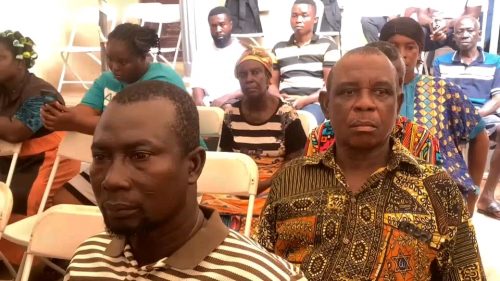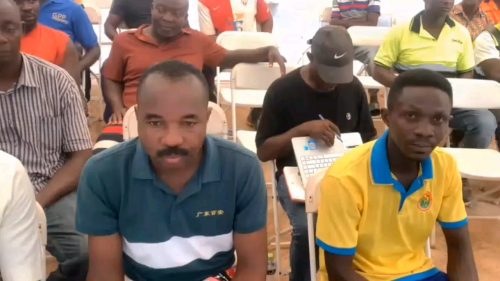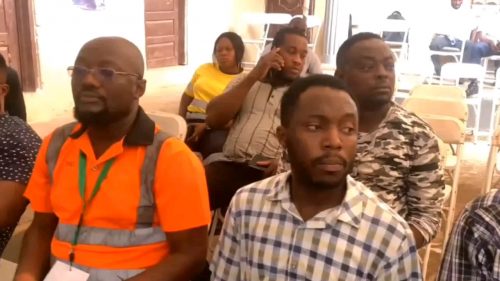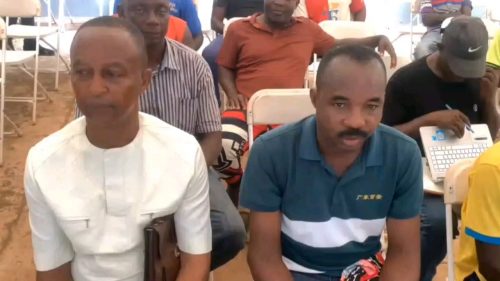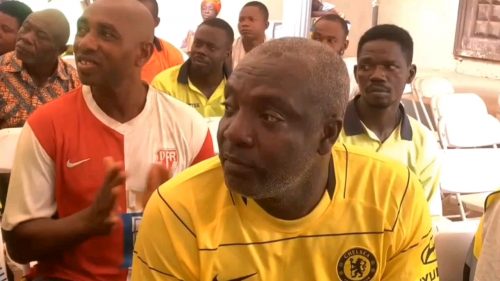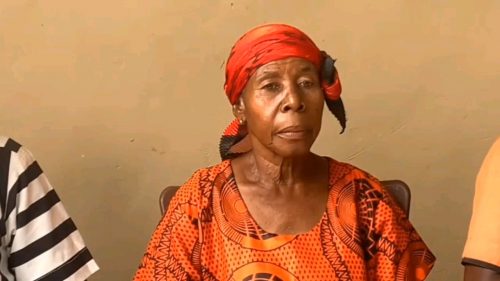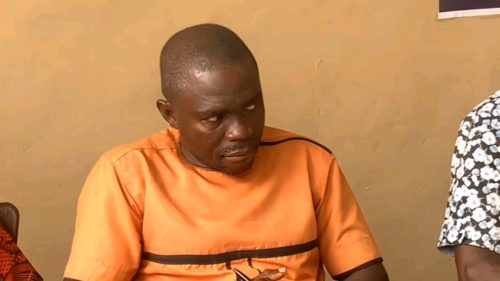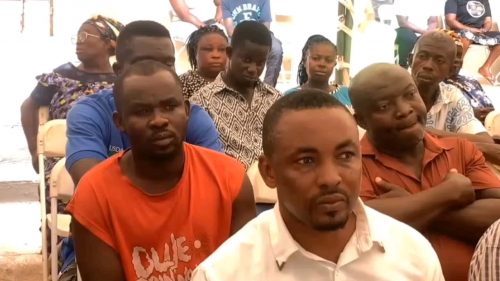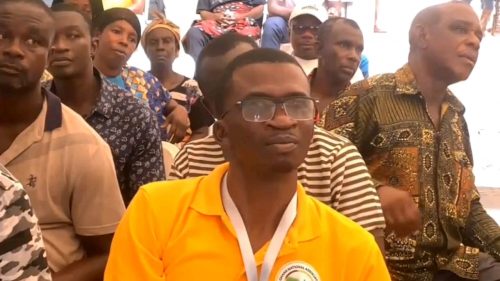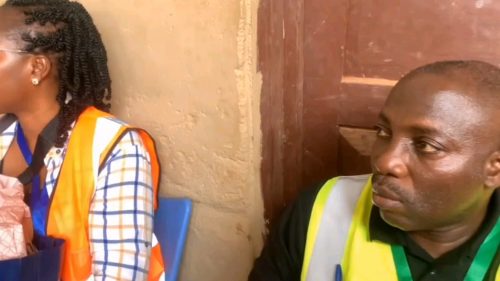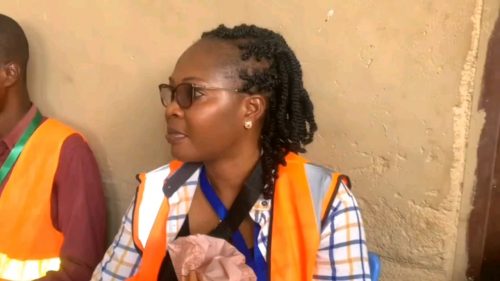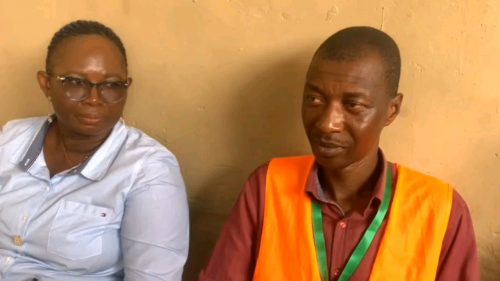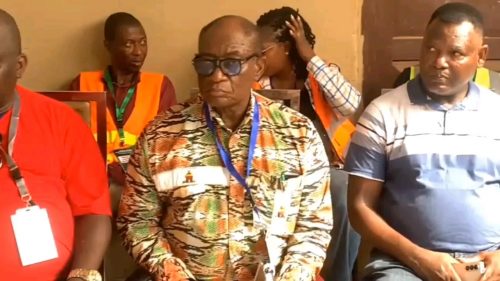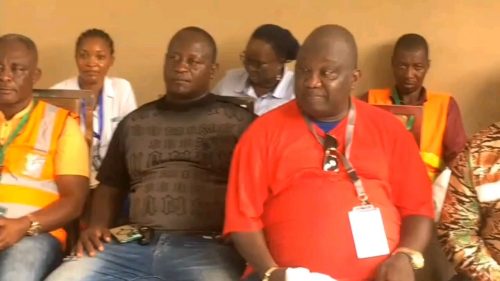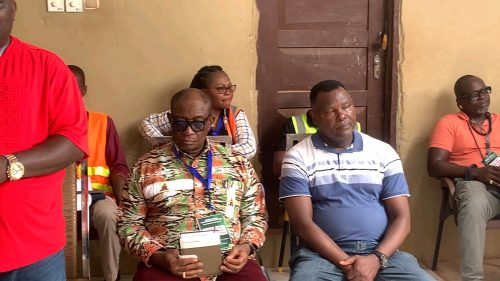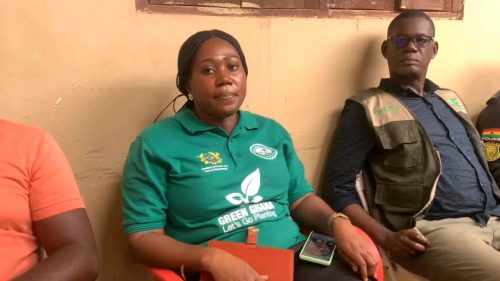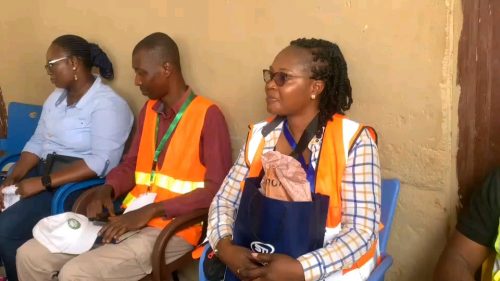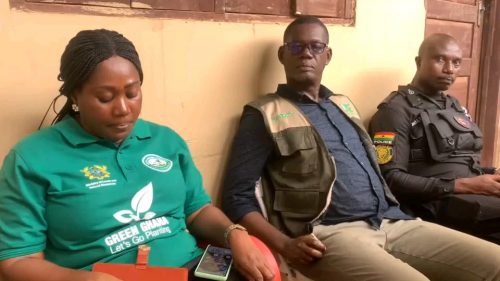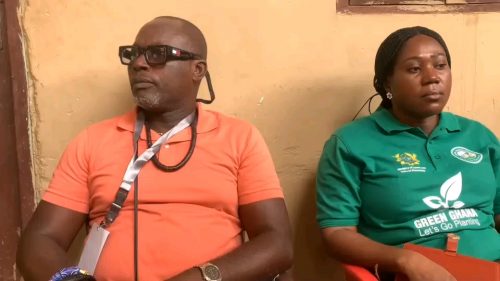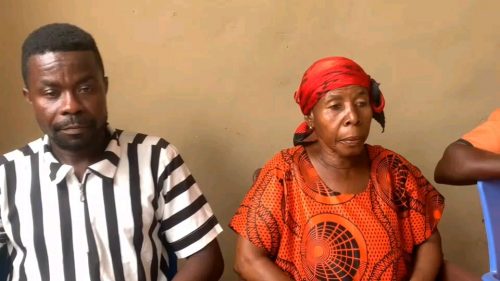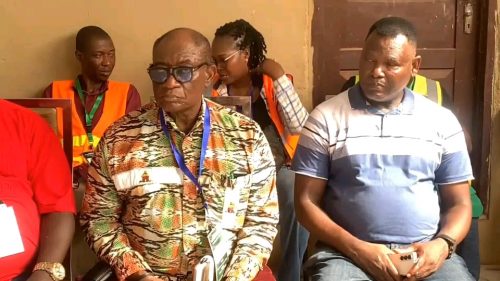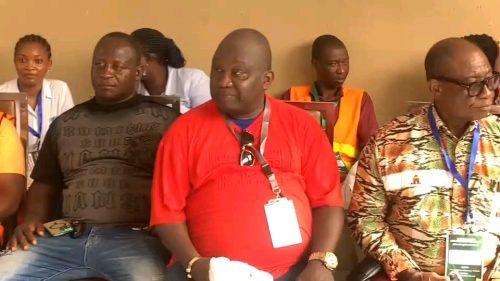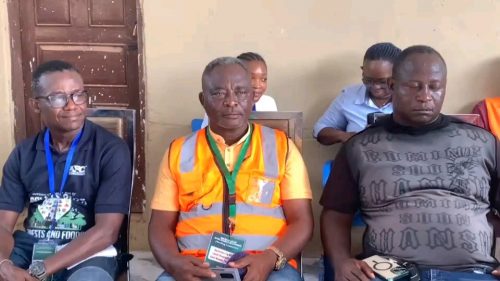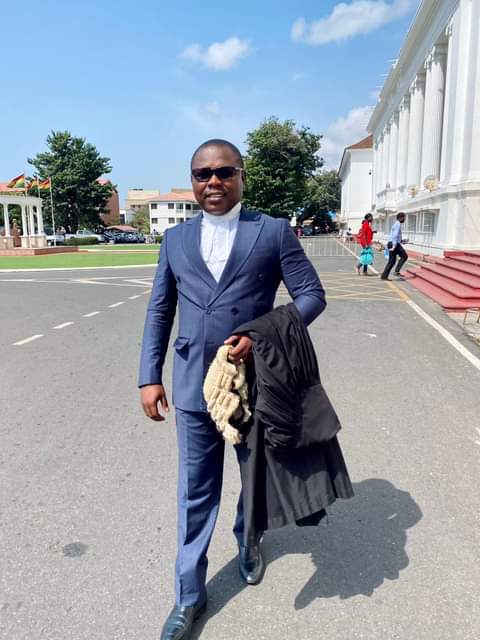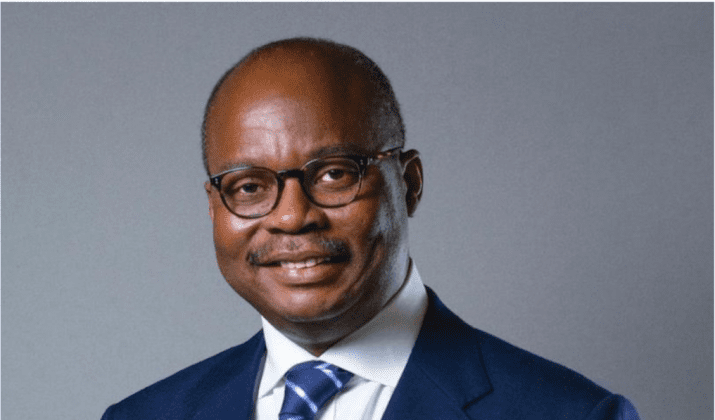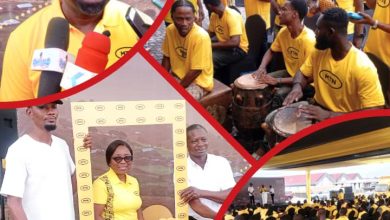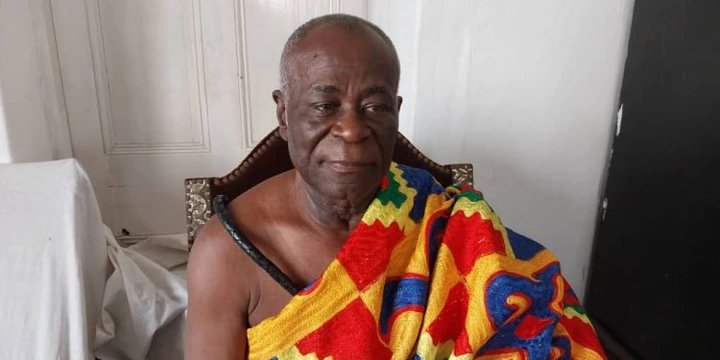Government’s Mining Reform Committee Engages Chiefs, Residents, and Youth of Amansie Central in Bold Move to Restructure Sector

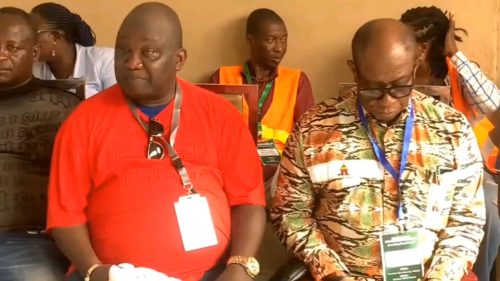
In a determined bid to sanitize Ghana’s mining sector, the 18-member committee set up by the government has begun its nationwide stakeholder engagement tour, with a significant stop in Akatakyieso in the Amansie Central District of the Ashanti Region.
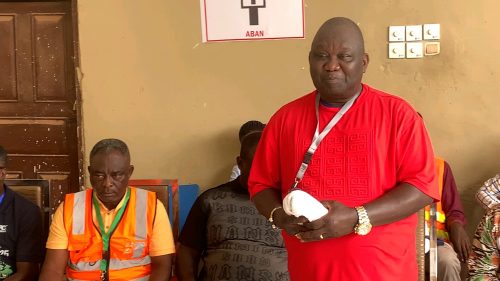
The committee, led by Professor Martin Oteng Ababio of the University of Ghana, is tasked with developing a comprehensive strategy within weeks to guide reforms in the mining industry—particularly in the small-scale and community-based sub-sector.
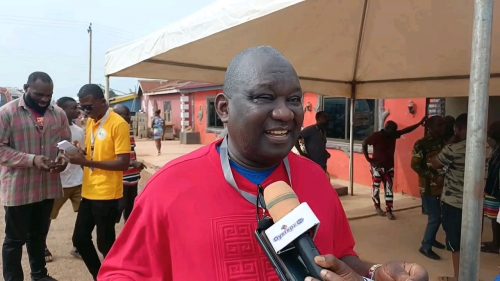
Addressing stakeholders at the event, Prof. Oteng Ababio emphasized the need for sustainable practices that align economic development with environmental stewardship. “One of the key proposals we are looking at is decentralizing the process for obtaining mining permits, bringing it down to the district level,” he said. “We also want DISEC teams to monitor these activities closely to ensure compliance and sustainability.”
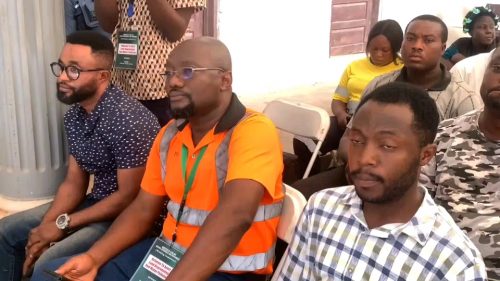
According to him, the committee believes empowering local authorities and communities will result in greater transparency and more effective regulation.
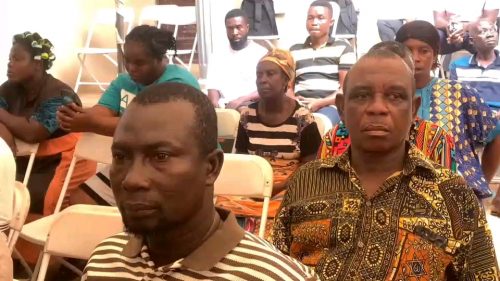
The engagement brought together chiefs, residents, small-scale miners, and youth groups from the district, all eager to contribute to the national conversation.
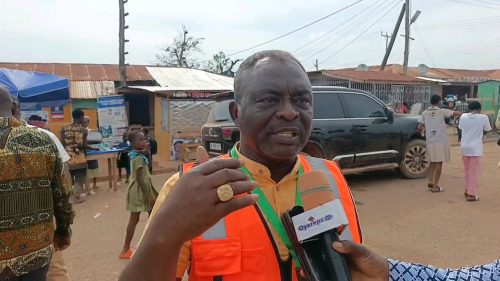
Mr. Sampson Kofi Wiredu, National Vice Chairman of the Ghana National Association of Small Scale Miners, welcomed the initiative and assured the committee of the association’s cooperation. “We are committed to supporting the government to ensure responsible mining in the country,” he said. “Our members are ready to adopt best practices that protect both the environment and their livelihoods.”
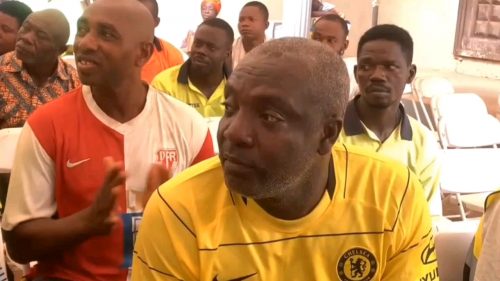
Traditional authorities, who have long been affected by illegal mining operations, also expressed their readiness to support the reforms.
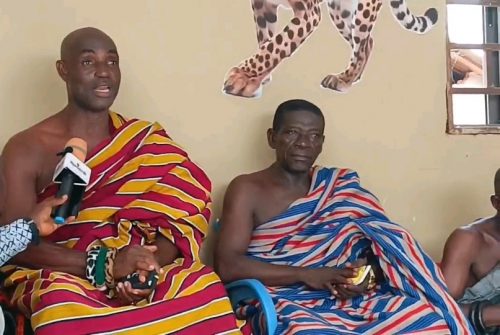
Nana Nyarko Nuamah, Chief of Akatakyieso, lauded the government for involving traditional leaders in the process.
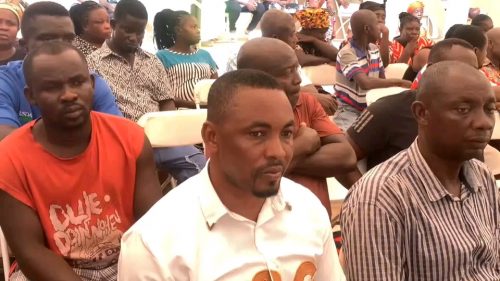
“The involvement of traditional leaders will yield a positive impact on the fight against illegal mining,” he said. “We are ready to support this cause with all the resources at our disposal.”
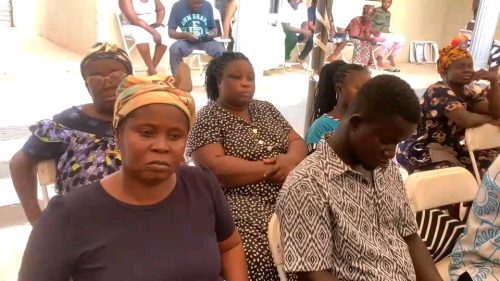
The committee’s nationwide tour is expected to gather diverse insights and recommendations from mining communities, ensuring that the final blueprint reflects the lived experiences and expectations of stakeholders across the country.
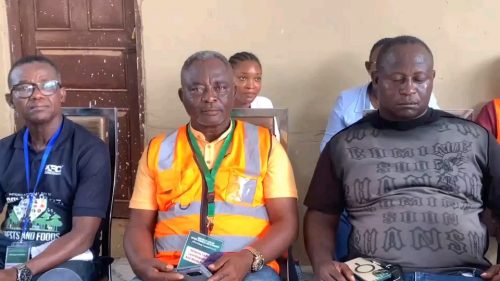
Illegal mining, known locally as galamsey, continues to pose serious threats to Ghana’s rivers, forests, and agricultural lands. The committee’s work is expected to culminate in bold policy reforms that will restore order, accountability, and long-term sustainability to the sector.
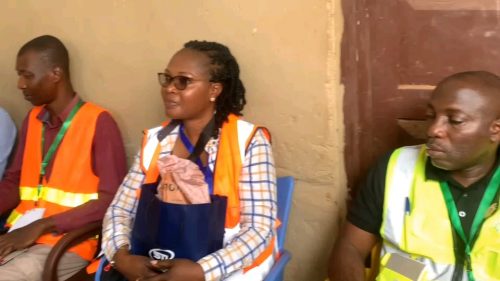
As the consultations progress, there is growing hope that Ghana is charting a new path—one where responsible mining thrives alongside environmental protection and community development.

